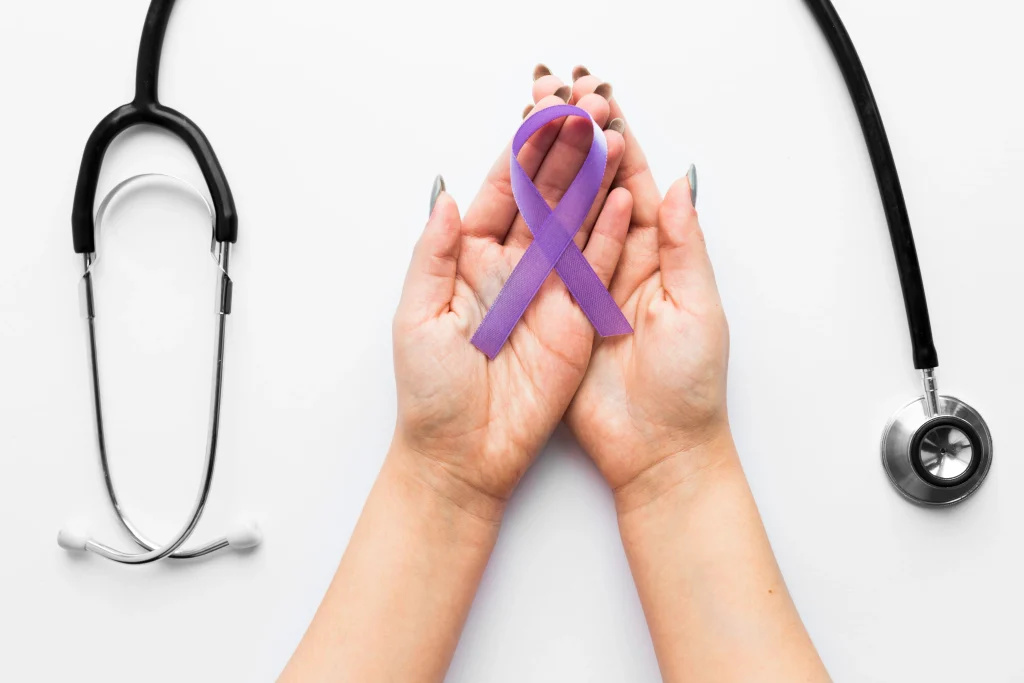Cancer Awareness Programmes
Cancer Awareness and Education – Knowledge That Saves Lives
Cancer is a leading cause of death worldwide. In 2020, an estimated 19.3 million new cancer cases and nearly 10 million cancer-related deaths occurred. By 2040, the global cancer burden is projected to reach 28.4 million cases — a 47% increase from 2020.
Cancer often brings fear, much of which stems from misconceptions and lack of awareness. However, more than 30% of cancer cases can be prevented by adopting a healthy lifestyle and avoiding key risk factors. Additionally, about one-third of cancer cases could be reduced through early detection and timely treatment


Link to Life: Raising Awareness Since 2002
Since 2002, Link to Life has conducted hundreds of Cancer Awareness Programmes, benefiting thousands of participants. The organization has also taken part in numerous health-related exhibitions, positively impacting over 2,000,000 people
Objectives of the Cancer Awareness and Educational Programmes
- To create awareness of the disease.
- To help people recognize the early signs and symptoms of cancer, thus enabling them to seek treatment at an early stage. The programme encourages the participants to seek prompt medical attention for symptoms which may include lumps, sores, bleeding, hoarseness, weight loss and persistent indigestion/cough/pain, etc.
- To educate people about the key risk factors of cancer since more than 30% of cancer cases could be prevented by adopting a healthy lifestyle or avoiding the key risk factors.
- To inform people about the importance of cancer screening at an early stage.
Achievements of Cancer Awareness and Educational Programmes:
Since 2002, numerous Cancer Awareness Programmes have been conducted in various settings, including schools, banks, colleges, private companies, NGOs, and government organizations. These programmes provided essential information on the causes and symptoms of cancer, the different types of cancer, the importance of regular checkups, and available treatment and prevention options. Pamphlets containing key facts about cancer were also distributed to participants to further support education and awareness.